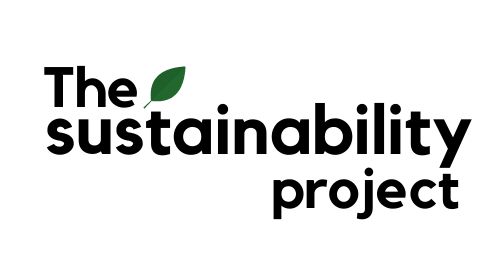With all the news going around about it, I’m sure you’ve heard of it – the Impossible burger. It has definitely attracted a lot of attention. What more, meat alternatives are getting more and more popular, in Singapore and worldwide. But why are such food alternatives becoming such a big thing nowadays? How do they contribute to make one eat sustainably?
Our Food Choices
To put it simply, what we eat affects the environment. With our rapidly growing world population, it is no doubt that we would need to consume more food. Not only that, demand for foods like meats has been increasing over the years.
You might be wondering, “What is wrong with that? We can just cultivate more animals to eat right?”
Well, it’s not that simple.
Our food consumption impacts the environment greatly, specifically the meat industry, which is one of the greatest contributors to the depletion of our resources and pollution to our environment.
Farming and animal agriculture affects not only our water and land consumption but also contributed to climate change and global warming.
Did you know that it takes about 100 times more water to produce 1 pound of meat as compared to 1 pound of wheat? In 2017, 9% of greenhouse gas emissions are due to agriculture like rearing livestock.
As we become more aware of these impacts, we find ourselves questioning our food choices and become more conscious about what we put into our mouths because it is more than just feeding our hungry stomachs.
Now that we are all on the same page on sustainable eating, let’s talk about why the Impossible Burger has garnered so much traction. Subsequently, we also need to understand how it can help us consider our food choices more consciously.
The Impossible Burger – A Sustainable Choice?
This meat alternative, unlike others that are often criticized for the “fake” meat taste, has gotten so popular with all the reviews saying that it is uncanny to meat. The fact that this plant-based patty tastes so much like meat is crazy! It even bleeds and sizzles like meat.
But the more important issue here is also the environmental benefits that come along with consuming the Impossible burger over other conventional ones.
Given its benefits to the environment without compromising on taste and flavour, it sounds, taste and smells like a good option to consider for consumers who want to eat more sustainably.
However, there’s always a flipside to the story. Based on the ingredients of the Impossible Burger, it has been identified that it contains GMO soy to create Soy Leghemoglobin, a key ingredient in making the patty mimic real meat.
This definitely sparked some debate on the food safety aspects of the Impossible burger. Not to scare you with that bit of information, but it’s something to take note of.
Overall, the Impossible burger is still a more sustainable choice as compared to conventional meats.
Are There Other Alternatives?
With all that about the Impossible Burger, we still need to go back to the bigger picture and understand that excessive meat consumption is not going to do any good for our Earth in the near future.
What we should be doing is evaluating our food choices to ensure that we can reduce this meat consumption as a whole. Trust me, the Impossible Burger is not the only way.
That said, here are some other ways you can alter your diet to be more sustainable:
1. Meatless Mondays
For the meat-lovers out there, it’s going to be tough but it’s still possible! What you can do is to reduce the amount of meat you eat during each meal. Why not give Meatless Mondays a try? It is an international campaign that encourages us to not eat meat on Mondays to improve both our health and the Earth’s!
2. Chicken Over Fish Over Beef
If you ever had to decide on what to eat, pick your protein options in this way. On average, a serving of beef emits about 8kg of greenhouse gasses while chicken only emits about 2.5kg.
3. Replace Conventional Meat
With the meat alternative industry growing, you can also look to consider them to replace conventional meat! There are a couple of alternatives here in Singapore like – Beyond Meat, Impossible Burger, Gardein, Karana, Omnipork, Shiok Meats, Quorn.
Alternatives like Beyond Meat, Gardein and Quorn are available at NTUC Fairprice, Cold Storage or Redmart, while the other brands are currently only served in restaurants.
You can try going vegetarian or vegan! Experiment with this and start out with doing a vegetarian meal or day. There are many options nowadays! Plus, fruits and veggies are always good for you.
In fact, even if you start out as a flexitarian (which means you eat mostly plant-based while still allowing meats in moderation), you can still make an impact in trying to reduce the carbon footprint produced by livestock.
Eating Our Way To A More Sustainable Future
Ultimately, what we need is a change in how we view and consume food. It is not to say that we have to go cold turkey and stop eating meat completely just because it has severe impacts on the environment.
It is more important to think about how our diet affects the environment and make an effort to eat more sustainably. If you can make small changes to how you eat such that it reduces your meat consumption, then that’s a great start.
It’s a process, so progress at your own pace. Everyone is different and you need to find what works for you!

